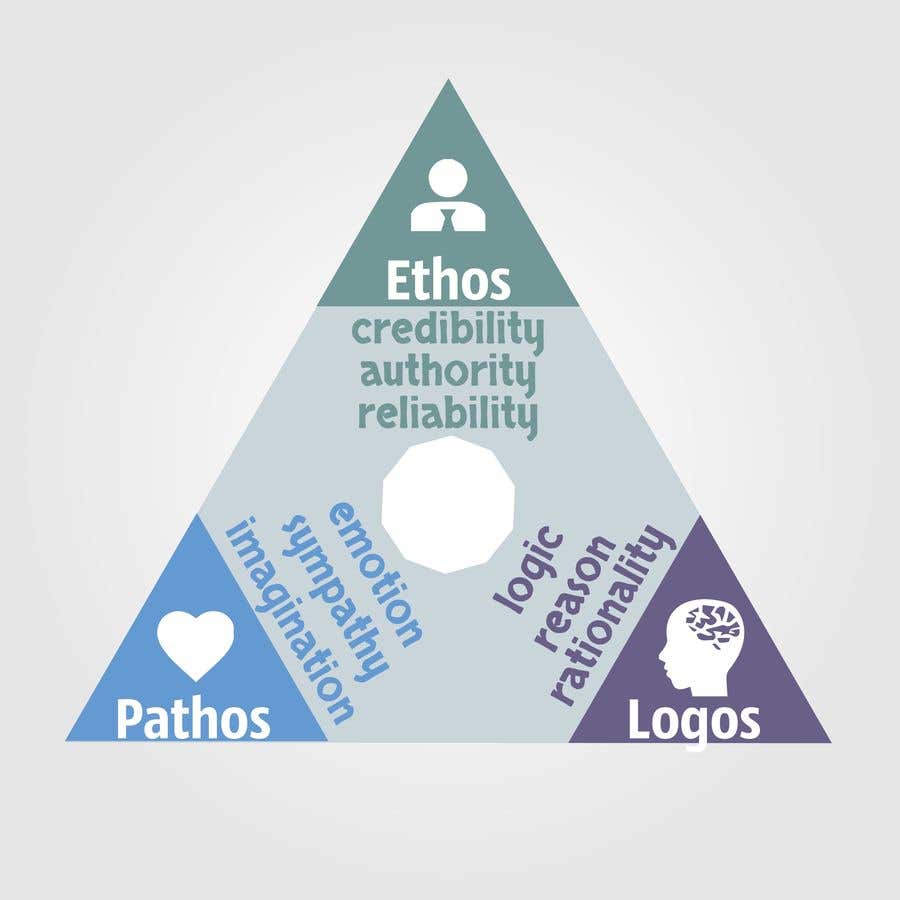
According to Aristotle, aĭiscourse comprises of three things: the speaker, the subject that is Systematical center of Aristotle's Rhetoric is the precept that thereĪre three specialized methods for influence. Ethos Pathos Logos: The Three Means of Persuasion.

Ethos Pathos Logos: they are all fundamental in convincing readers or an audience. Utilizing logos means to refer to actualities and insights, recorded andĮxacting analogies. Is the Greek word for "word" or "reason." Logos or the appeal to rationale and intends to persuade a group of people by using reason. This article will examine how powerful is this tool when used wisely. Pathos (passion or emotion) is used to stir the feelings of the gatherers. Today, the term ethos is used by writers as well. (additionally implies picking appropriate level of vocabulary). Ethos can be further emphasized by picking dialect that is suitable for the crowd and subject A speaker would utilize ethos to show to a gathering of people that he/she Gives us a powerful strategy for influencing an audience.Įthos or the moral aspect of a speech ( ethos is the Greek wordįor "character"), intends to persuade a group of people of the creator's credibility or character. The proper use of rhetorical means however is what The facts demonstrate that a few people figure out how toīe enticing. The choices of juries and gatherings involves enticement ( pathos), not just the correct For each one of those reasons, influencing Is by all accounts an individual of true ethics ( ethos comes at play here) and that the gathering of people Uncertainty in such cases, it is really critical that the speaker Portion of the points that are generally talked about out in the openĭiscourses don't permit the presentation of correct information, leaving space for If the fate of a city-state (back then, now a country) is at stake, circumstances can Or simply attempt to expand their own leverage. Further, such a group of peopleĬan undoubtedly be diverted by honeyed words

Imagines that the group of listeners of an open discourse comprises ofĬommon individuals who are not ready to pursue evidenceĭependent on the standards of science. The speaker is an authority on the subject.

It is difficult to find such a 'correct' crowd of people, regardless of whether Utilized by people of idealistic or debased character.Įthos Pathos Logos: Aristotle discloses to us that And yet, for Aristotle, speech is an impartial instrument that can be
PATHOS ETHOS LOGOS MANUALS
Joins Plato in condemning contemporary manuals of oration (speech). Logos (offer to rationale) is a method for influencing people with reason, utilizing statistical data points (facts and figures). Offering a strong, emotional reaction (even a story) to an ardent Method for persuading a group of people by means of the credibility of the persuader, be it a prominent or experienced figureįeelings or emotions) is a method for persuading a group of people by While called also 'morals'), at that point, is utilized as a Is presented in such as way as so make us think of him as an authority." Ethos (once in a Influence isĪccomplished by the speaker's character when the discourse Given by the expressions of the discourse itself. Temper the third on the confirmation, or obvious verification, the second on putting the gathering of people into a specific The main kind relies upon the individual character of the speaker

The methods of influence outfitted by the spoken word there are three Aristotle utilized these three terms to clarify how a narration/speech functions: "Of Utilized in discourse about written composition or public oration used to influence a groupĮthos Pathos Logos. 'Rhetoric': they constitute the three methods forĬonvincing others to trust a specific perspective. The Art of Persuasion.Įthos Pathos Logos: The Greek names of Ethos, Pathos, and Logos date back to Aristotle's


 0 kommentar(er)
0 kommentar(er)
